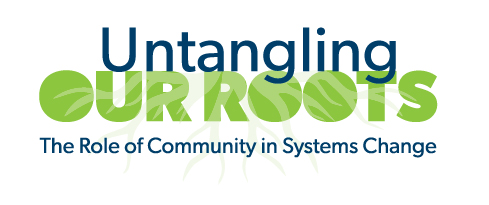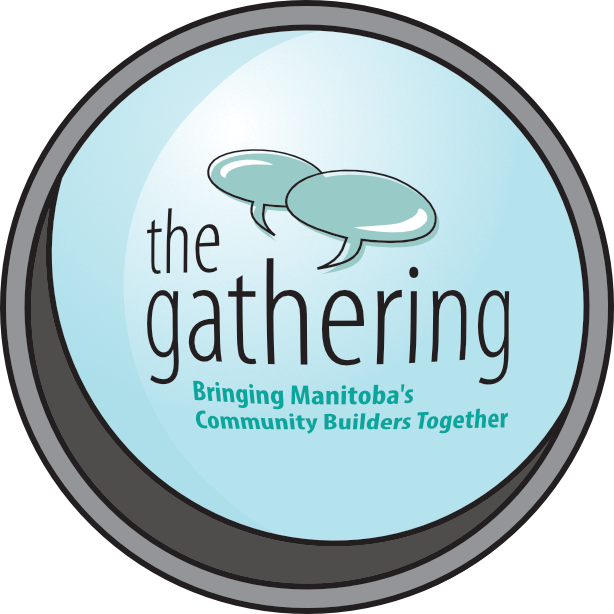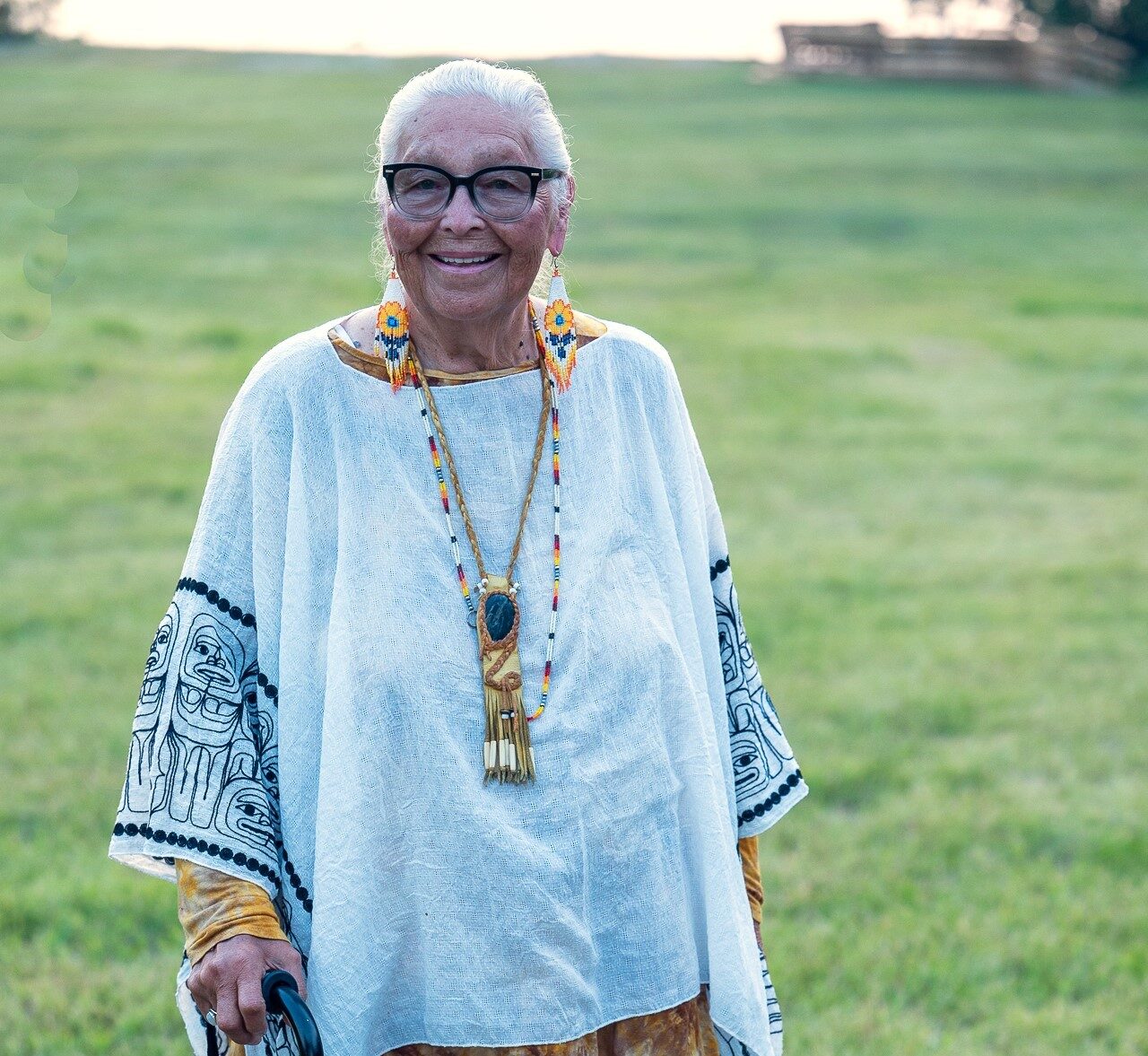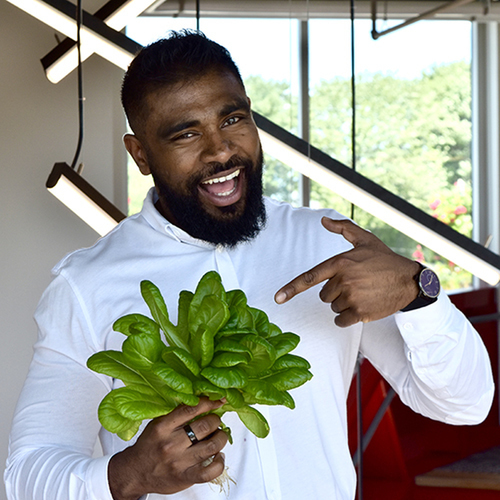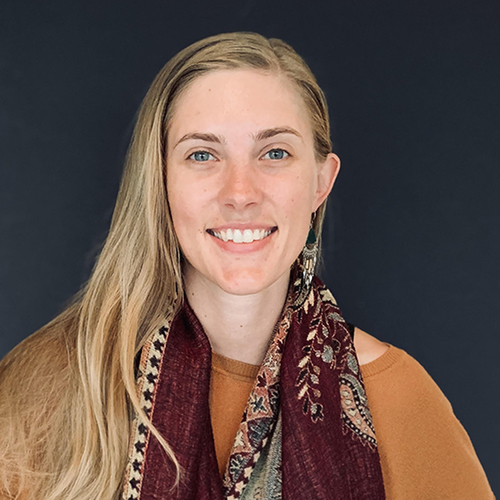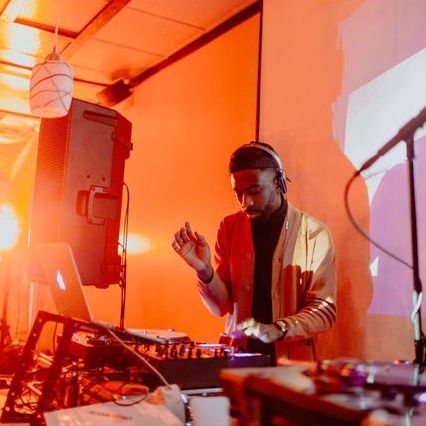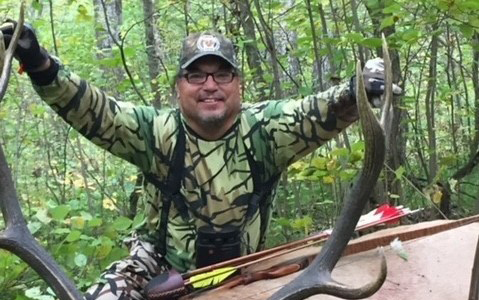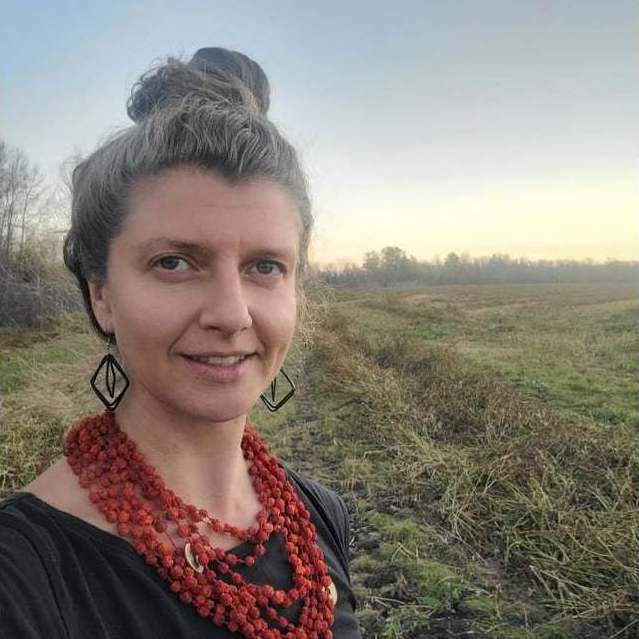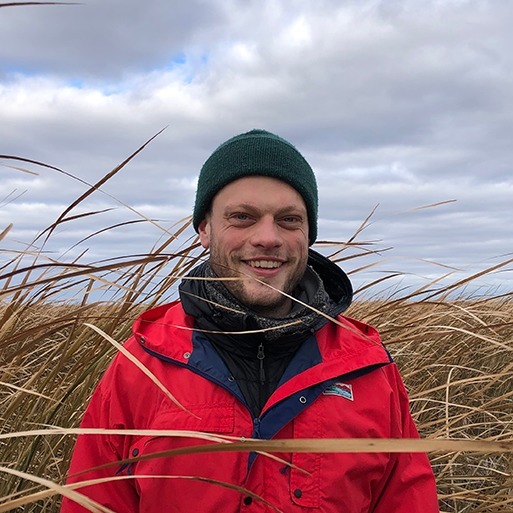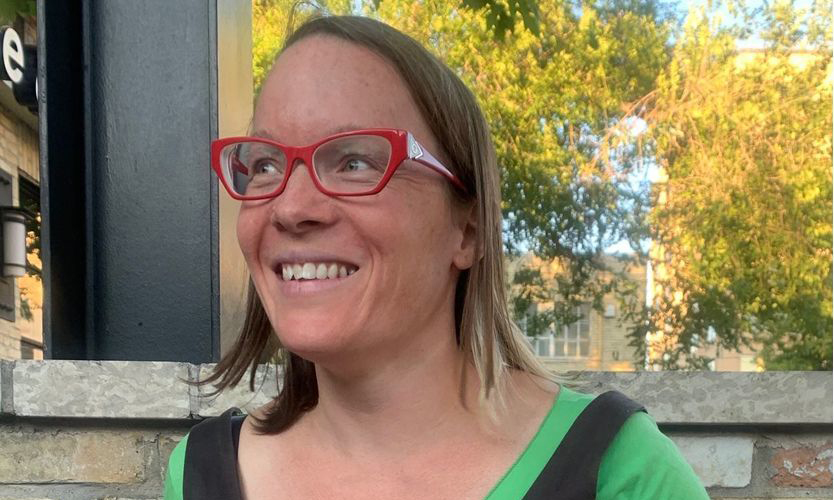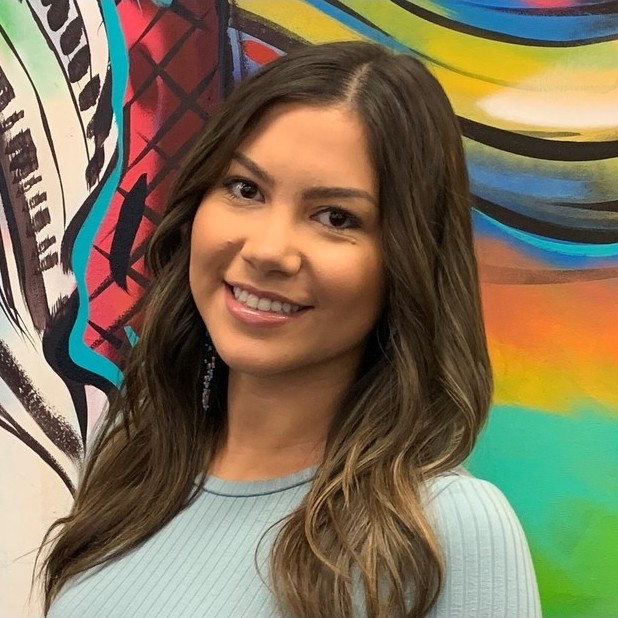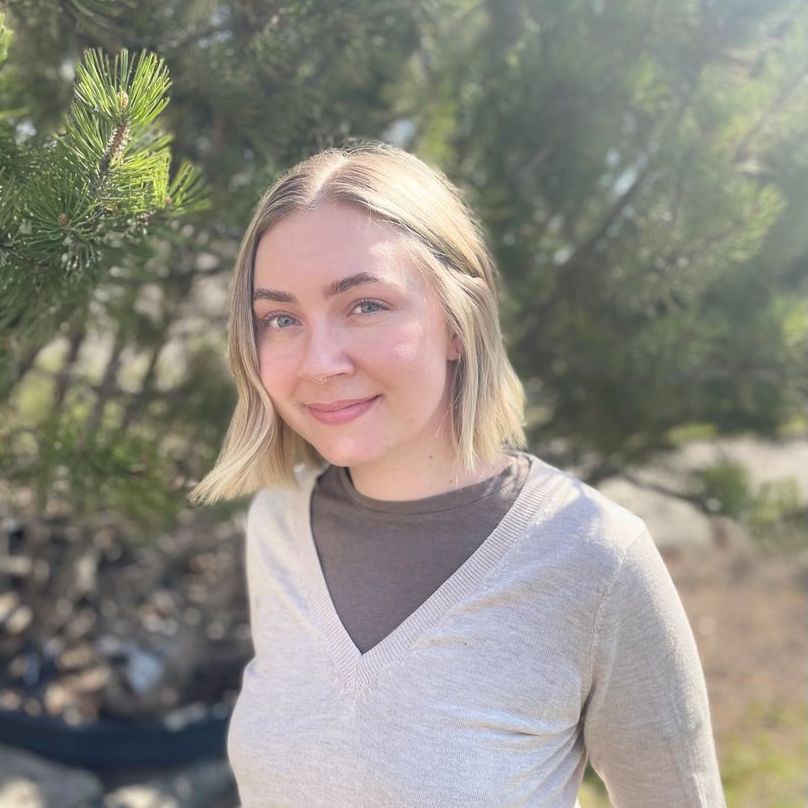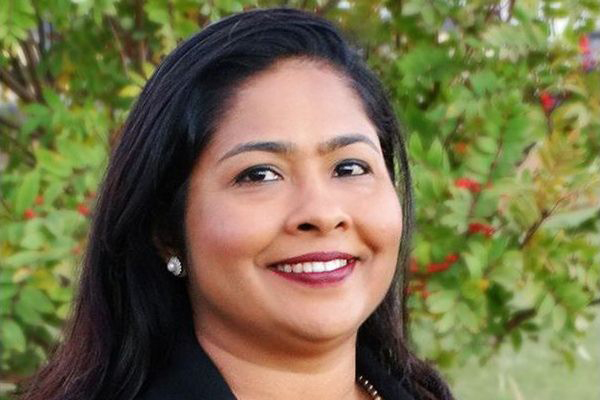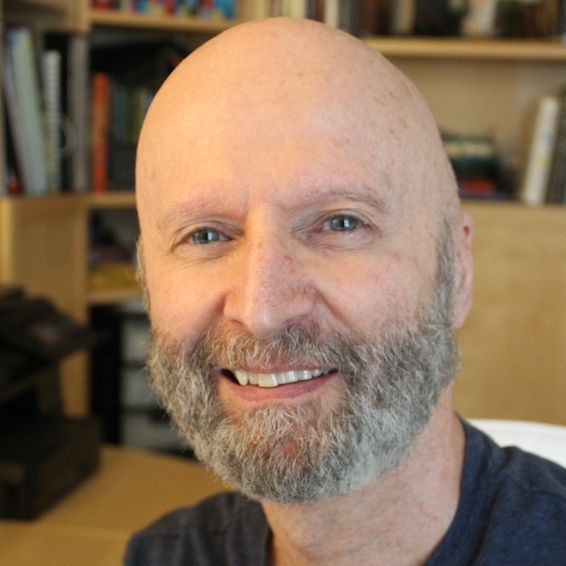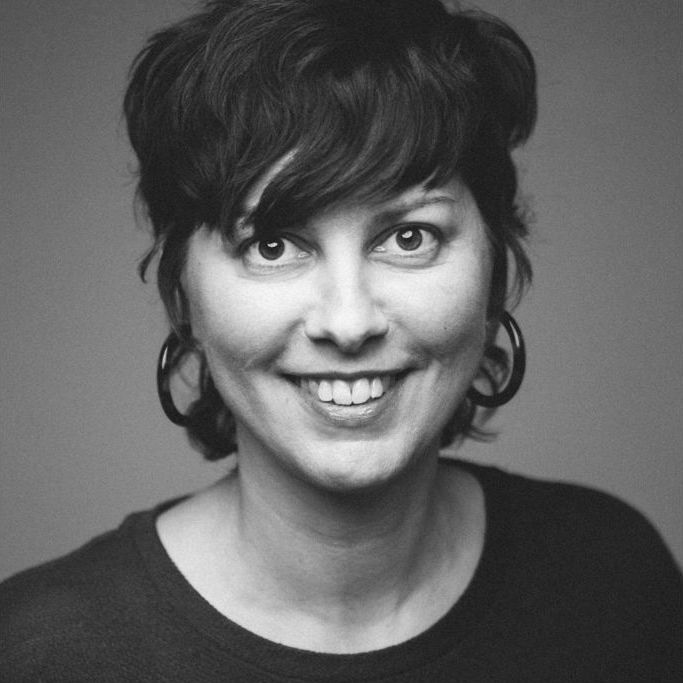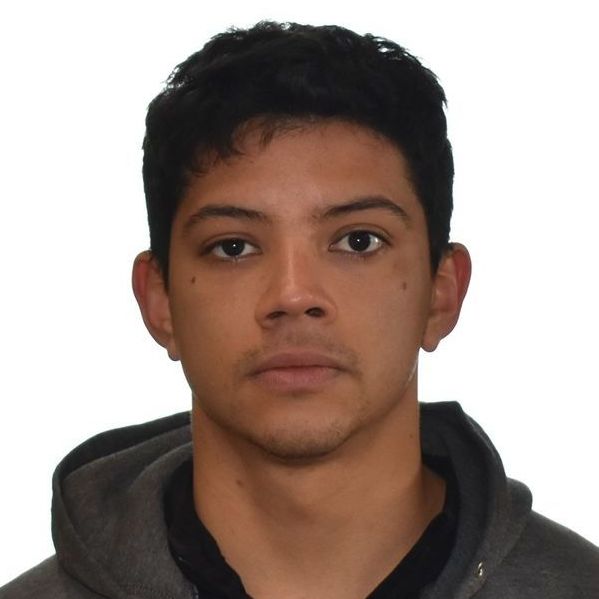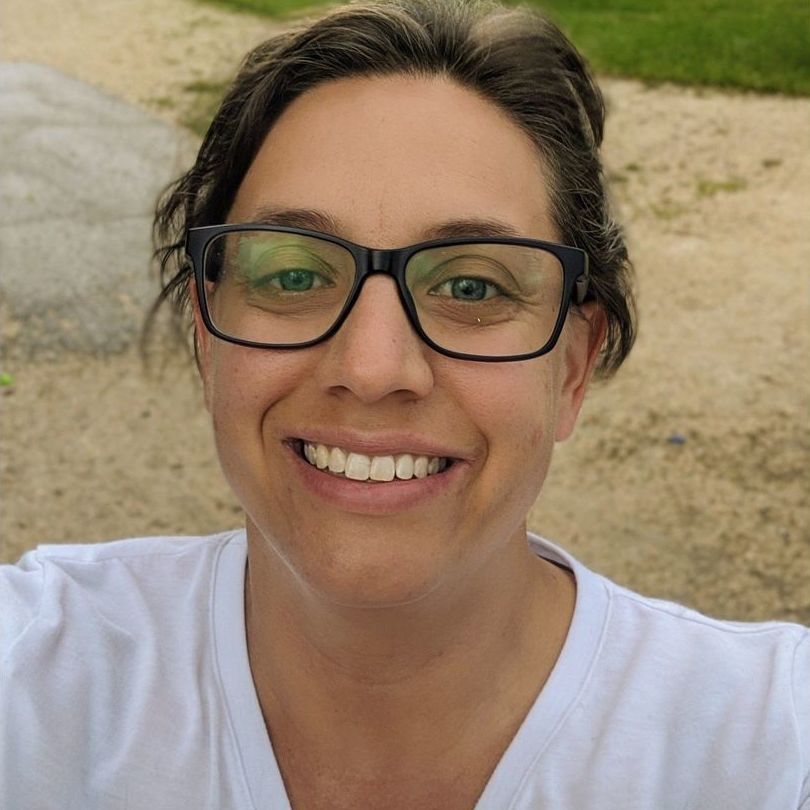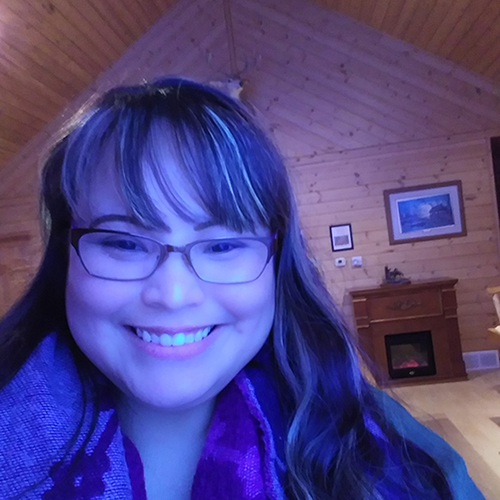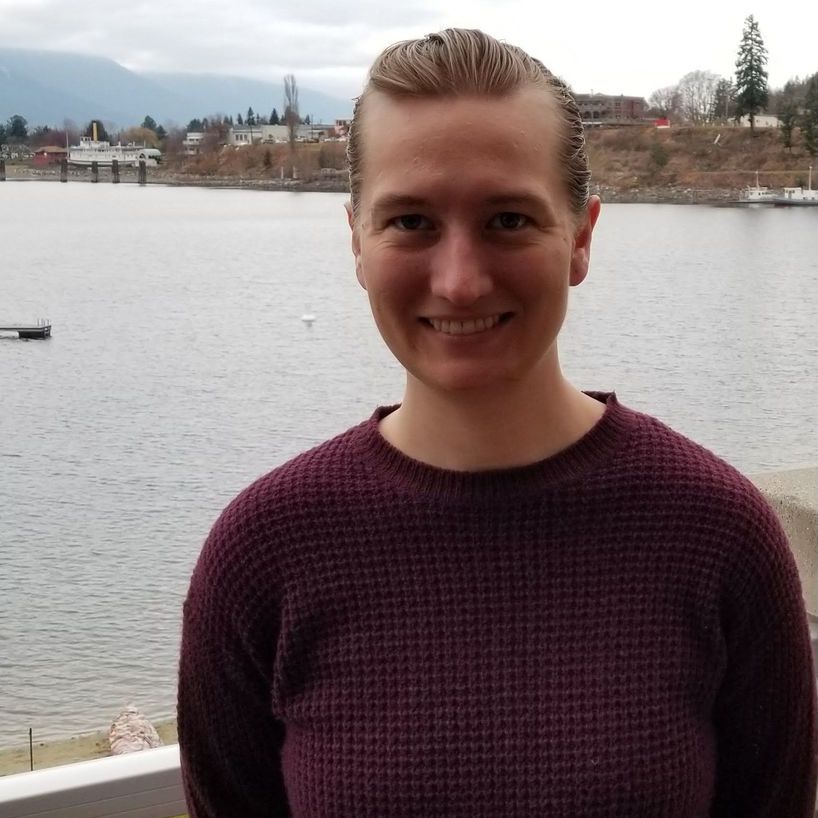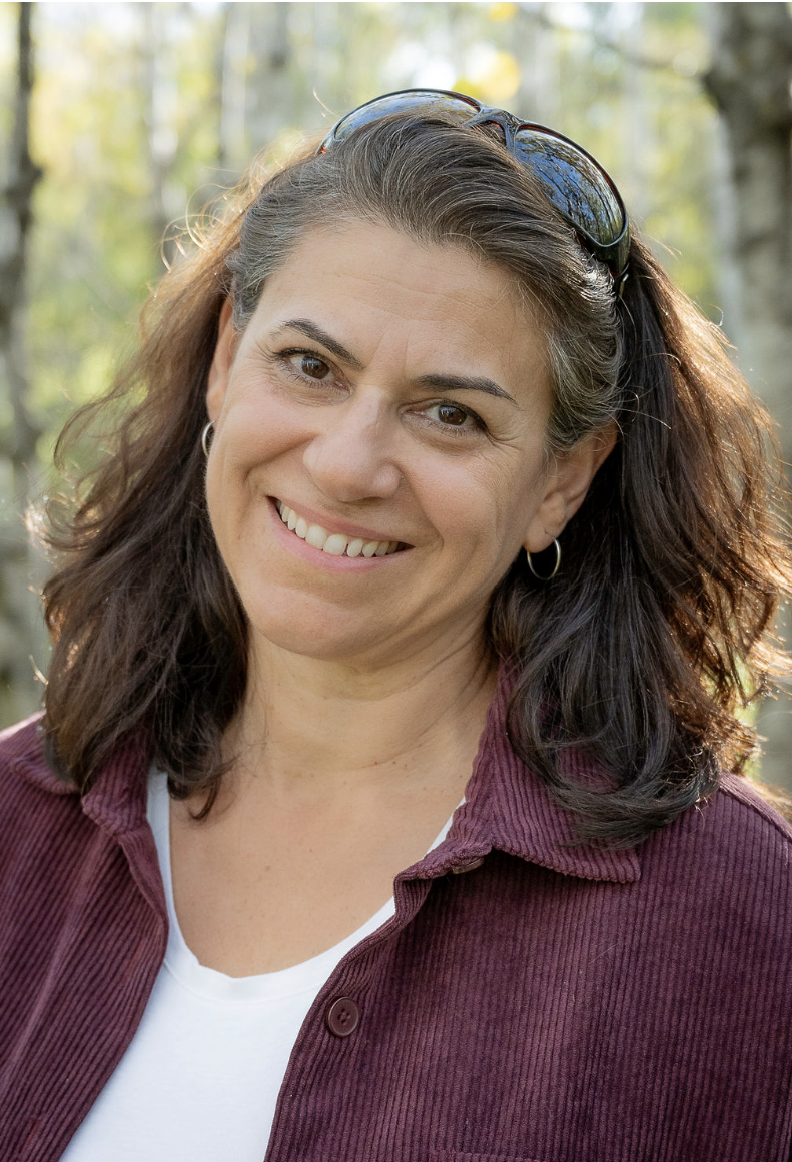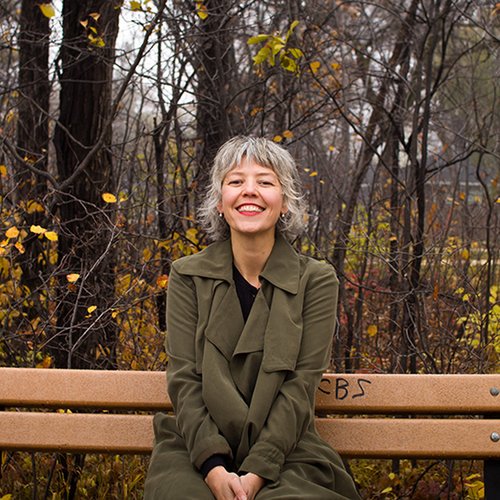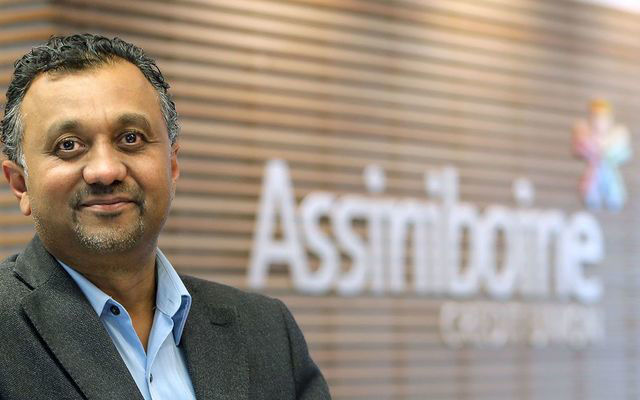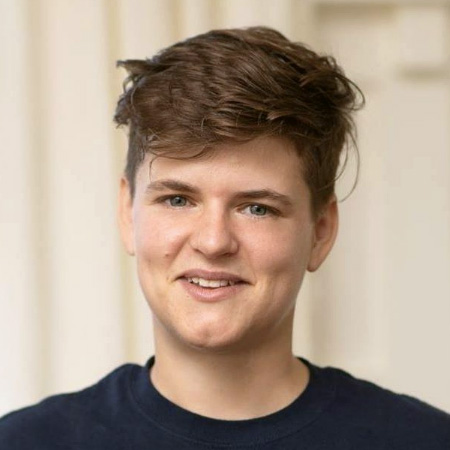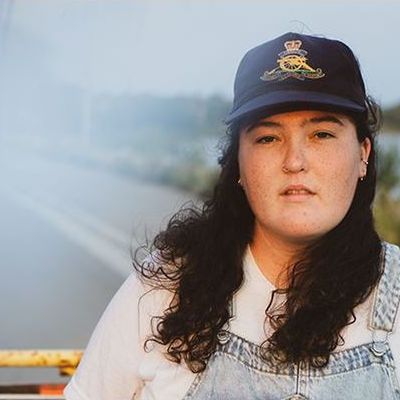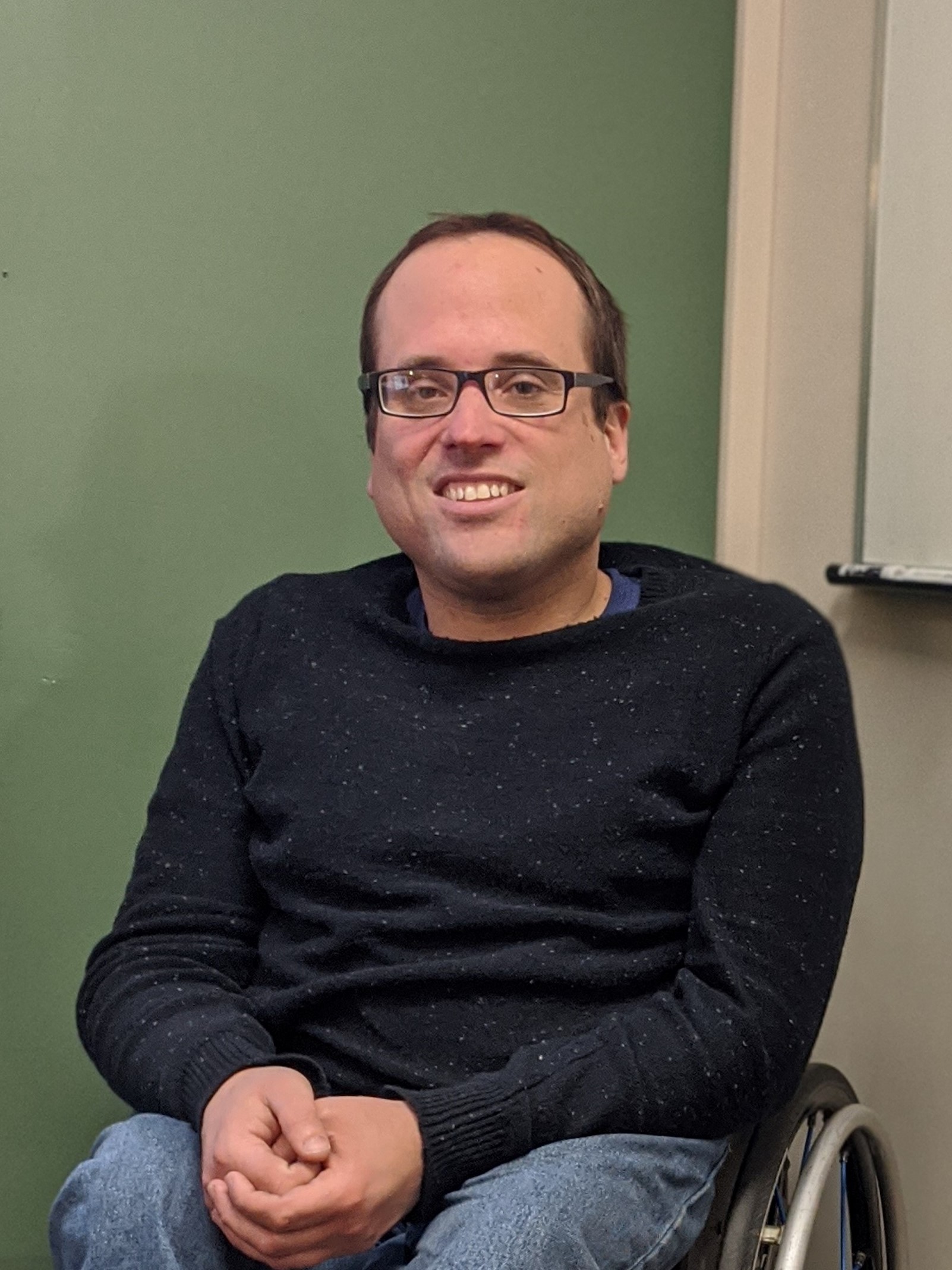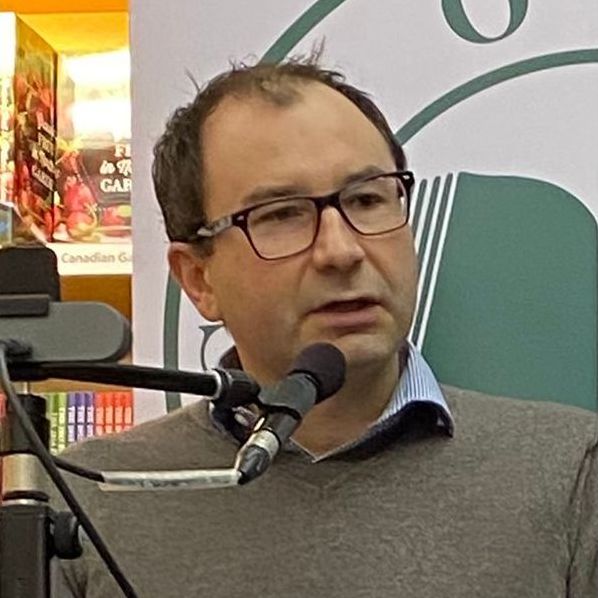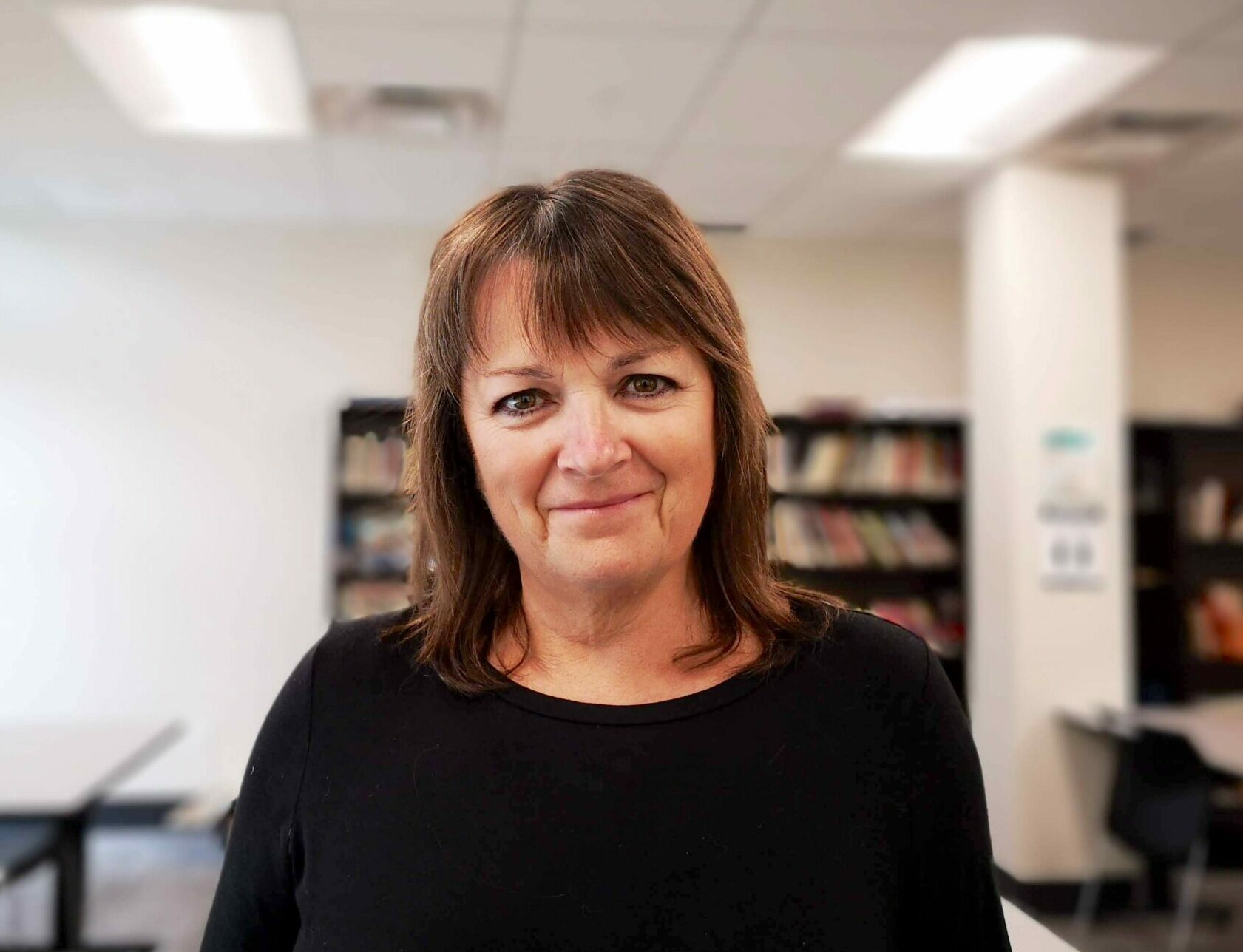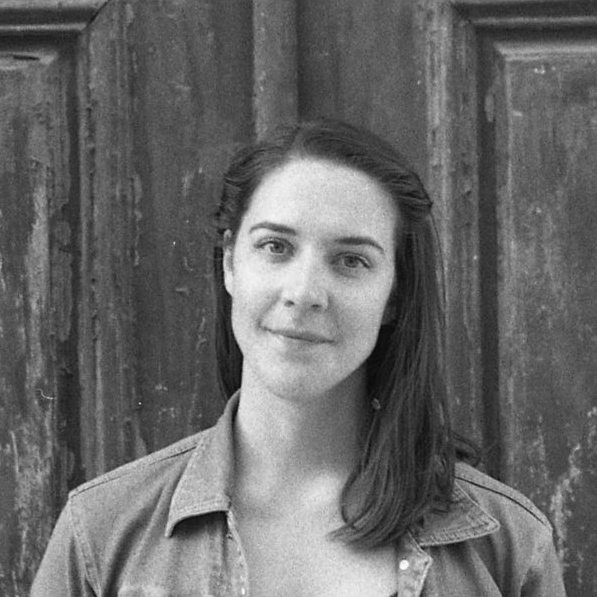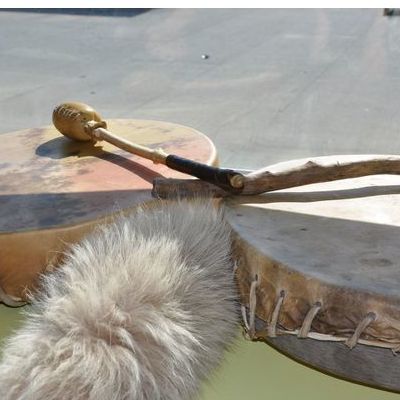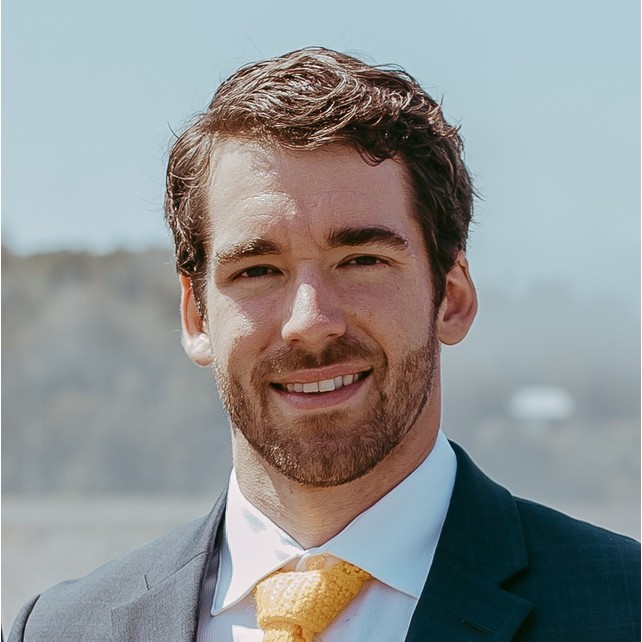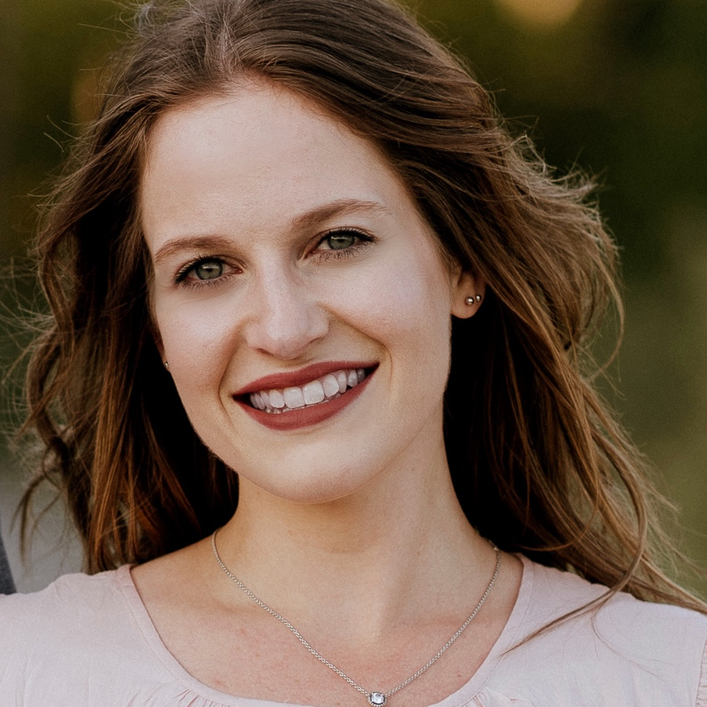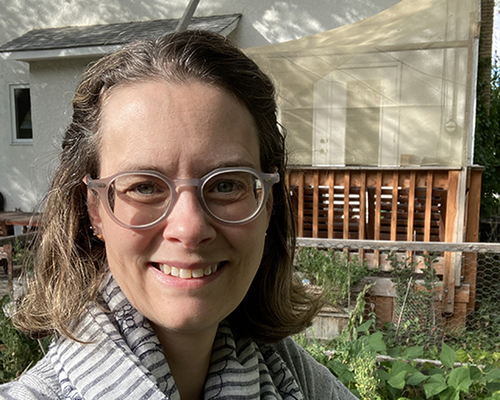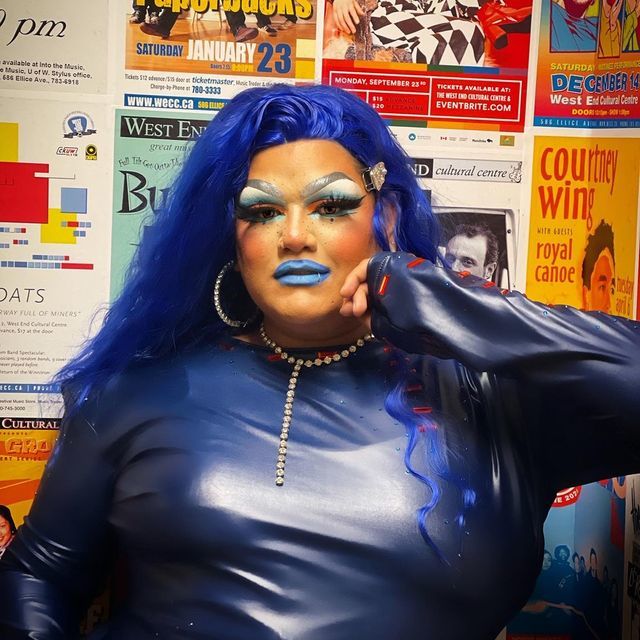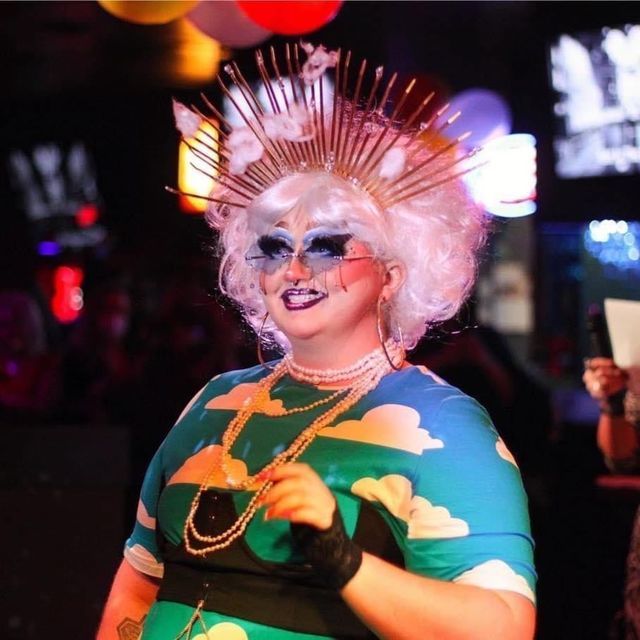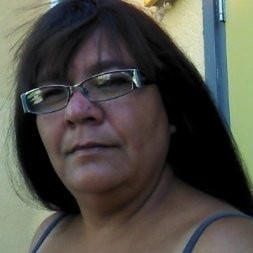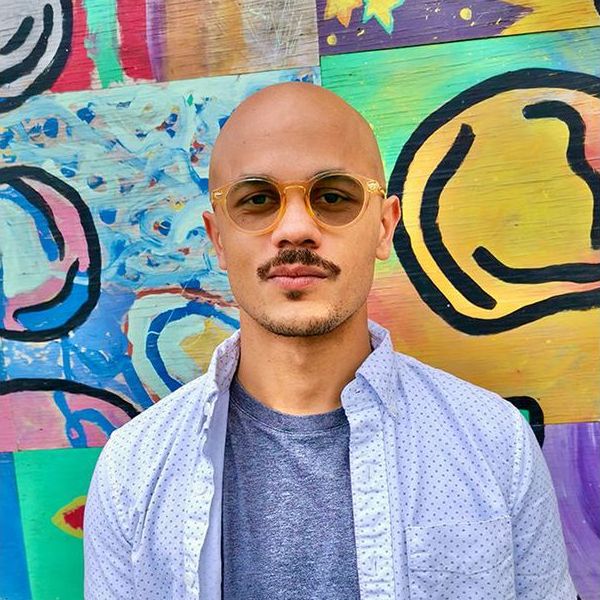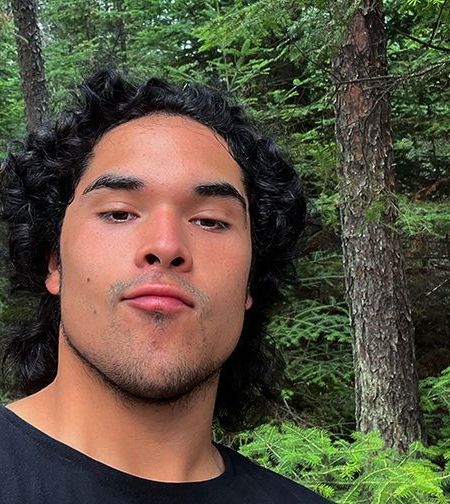9:00am - 10:30am
Opening Plenary: Untangling Our Roots: The Role of Community in Systems Change
The Gathering Opening is an invitation to continue untangling our roots, together. The pandemic has unearthed the inequities in our society like never before. Calls for systemic change are loud and clear. Community builders have stepped up to meet the needs of our communities like never before.
We also know you are seeking to change and upend systems toward a more equitable, inclusive, and sustainable future.
What is the role of community organizations, community organizers, community builders, and community developers in supporting communities, building fairer local economies, and addressing inequities? How do we challenge systemic oppressions in our work and systems to build an inclusive community?
The Gathering Opening turns our collective attention and thought to these questions and to the role of community in systems change.
Elder Mae Louise Campbell, from the Ojibwa-Saulteaux Metis Nation, a mother and grandmother, will welcome us, begin the Gathering in a good way, and open our minds and hearts to this conversation with reflections on this year’s theme.
Keynote speaker Kai Cheng Thom, writer, performer, cultural worker & speaker, will bring us deep into this conversation with a keynote on ‘Tokenization to Transformation’. While social movements have increasingly become led by non-profit organizations, we know these organizations are regulated and constrained by their reliance on government and private funding. Kai Cheng Thom will reflect on over a decade of working both within and outside of non-profit movements to share their limitations and how to channel energy into grassroots community networks for change.
The Gathering Opening is also your guide to the rest of the three day event. Come get important information to make the best of your experience for the next three days.
Speakers
-
Clan Mothers Healing Village and Knowledge Centre
Elder and Co-Founder
-
Writer, performer, cultural worker & speaker
11:00am - 12:00pm
Changemakers Shaping the Future of Food
Explore how container farming empowers your community to create a reliable supply of fresh, nutritious food and make an impact year-round. You’ll also hear examples of leaders in Manitoba using container farms to grow the economic and educational opportunities in their communities. This session will be hosted by Branavan Tharmarajah, lead project consultant with Growcer, who has helped more than 35 communities across Canada grow locally year-round.
Speakers
-
The Growcer
Lead Project Consultant
11:00am - 12:00pm
Combating Racism and Prejudice through Bridge Building and Education
Immigration Partnership Winnipeg has created an Indigenous Orientation Tool Kit to provide Newcomers with information on Indigenous Peoples. It is a beneficial tool for community-based organizations to help educate people on misconceptions and negative stereotypes of Indigenous Peoples.
Speakers
-
Immigration Partnership Winnipeg
IOTK Project Coordinator
12:30pm - 1:00pm
Lunch Activity: Creating Positive Spaces With Strength in the Circle
Speakers
-
Buy Social Canada
Director of Education and Communications
-
Mother Earth Recycling
General Manager
-
CleanStart BC
Chief Operating Officer
-
University of Winnipeg
Campus Sustainability Coordinator
2:00pm - 2:30pm
Music: Zuki
“It’s simple, I’m here to make you dance, feel good or both.”
That’s how Zuki describes his purpose as a DJ. With his eclectic musical taste inspired by his travels, you’re guaranteed to go on a musical journey and ultimately be left wondering how you ended up on the dance floor. Growing up to his Mother’s 70’s funk essentials box set and his Dad’s Fela Kuti tapes playing in the household, his range of musical influence is wide. Zuki can take the hypnotizing drums of South African house, saxophone samples from afrobeat hits and blend them effortlessly with your favourite rhythm, funk and hip-hop tunes.
Artists
3:00pm - 4:00pm
Rebuilding a Treaty Relationship
As farmers and settlers on Turtle Island, we have been asking ourselves how we may meaningfully participate in reconciliation with the original peoples of this land. Recent developments such as the Saskatchewan Treaty Land Sharing Network shows ways in which farmers and landholders have begun the work of honouring the Treaties. Join this conversation with the National Farmers Union and Indigenous collaborators about farmer and settler reconciliation in Manitoba.
As the SK Treaty Land Sharing Network describes: “As part of these sacred commitments to live together in peace, take care of shared lands, and ensure one another’s wellbeing, Indigenous people were guaranteed that their way of life would be protected – that they would be able to move freely throughout their territories and continue to relate to the land through their own laws, practices, and protocols. The need to honour Treaty responsibilities is more critical than ever.”
Speakers
-
First Nations in Treaty 2 Territory
Circle Keeper-Care and Protection of The Natural World
-
National Farmers Union
Farmer and Board Member
3:00pm - 4:00pm
The Co-Creation Model: Working Together Towards Community Transformation
We co-create all the time. In our organizations, we co-create events, programs, policies, and more. We even co-create with our families – shared meals, parties, and working through conflict. But what does co-creation in the Community Development sector look like with actors we don’t often work alongside – government and the private sector?
Co-creation is the practice of bringing multiple stakeholders together to develop policy, programming, and practice that will impact the community in question from beginning to end. This is in contrast to top-down methods of developing policy without the community most impacted. In order to address complex challenges like poverty, we need many stakeholders, perspectives and skill-sets around the table. When the government and the private sector co-creates with CED organizations, the impact and value of policy and programs can increase and deepen.
We can get closer to ending poverty by working together. So what does the experience of atypical cooperation toward addressing poverty look like? Join participants sharing their experiences co-creating between CED organizations, government, and the private sector, and the lessons all community builders need to hear.
Speakers
-
Canadian CED Network
Manitoba Network Manager
-
City of Winnipeg, Community Development Division
Community Development Lead
-
City of Winnipeg
Special Projects and Initiatives- Poverty Reduction
-
Winnipeg Poverty Reduction Council
Collective Impact Facilitator
